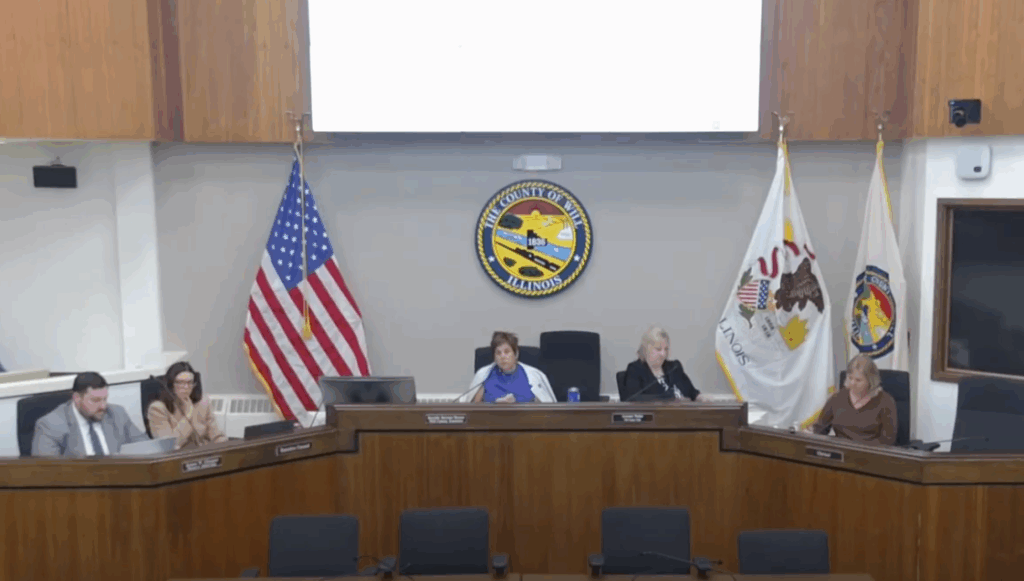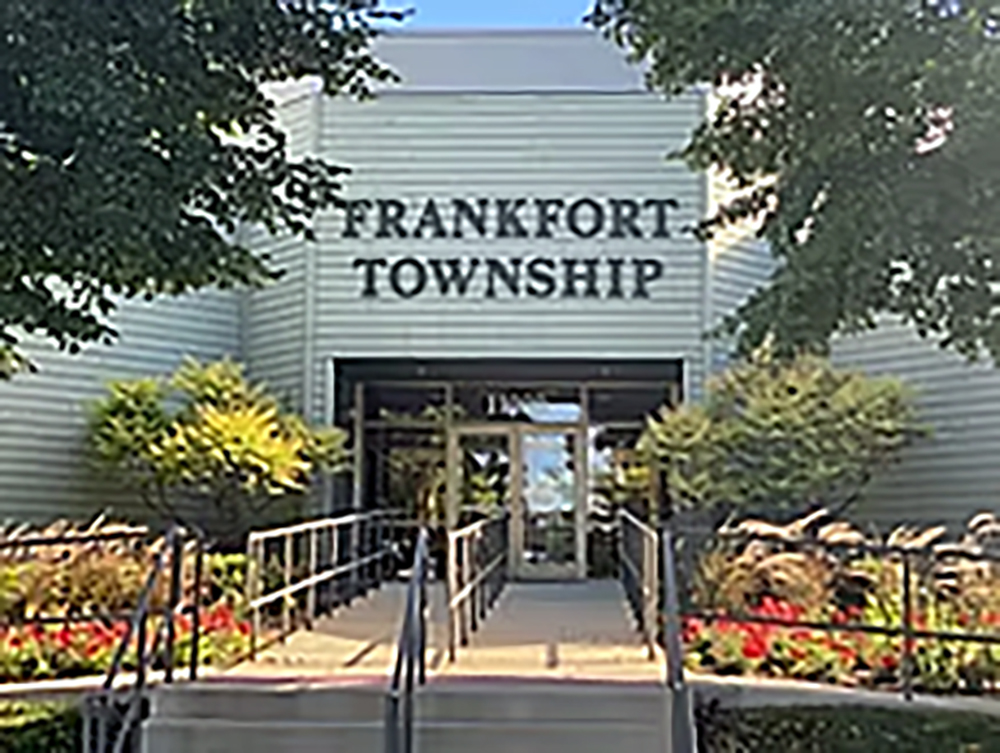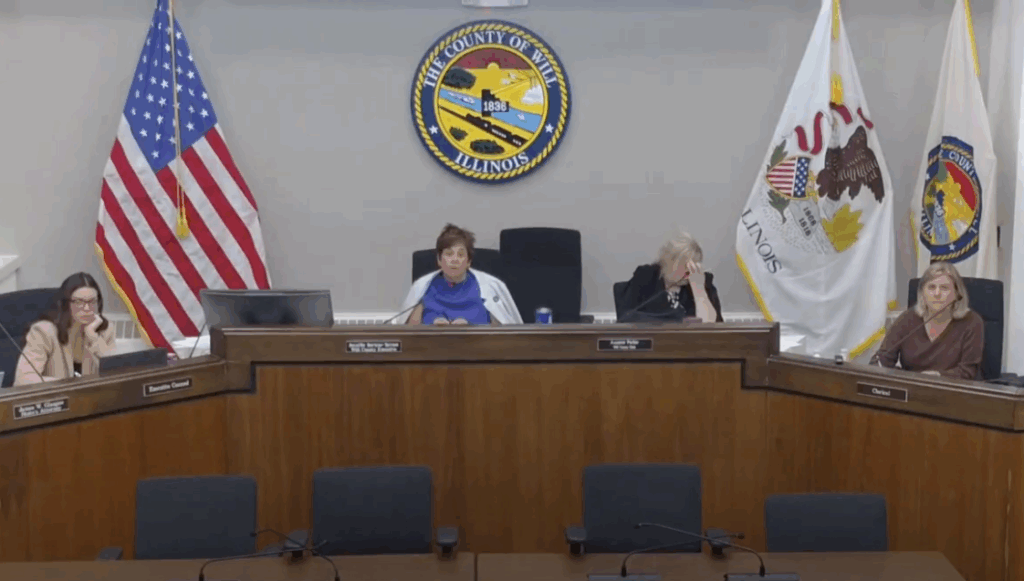
Lawmakers seek to offer immigrants temporary legal status
A bipartisan group of lawmakers have introduced a bill to offer immigrants the opportunity to live and work in the United States legally.
The Dignity Act of 2025 establishes a seven year temporary legal status program allowing immigrants to live and work legally based on the completion of certain tasks.
“We can enact legislation that incorporates both humanity and security, and the Dignity Act of 2025 offers a balanced approach that restores dignity to people who have tried to navigate a broken system for far too long,” said U.S. Rep. Veronica Escobar, D-Texas, a cosponsor of the bill.
The seven year temporary legal status is only offered to immigrants who have been in the country for five years or more. The program requires immigrants to pass a criminal background check, pay $7,000 in restitution over seven years, receive no federal benefits or entitlements and offers no path to citizenship.
“I’ve heard a lot of frustration, both from employers struggling to fill jobs and families looking to reunite with their loved ones,” said U.S. Rep. Mike Lawler, R-NY. “We must do this by fixing our broken legal immigration system, securing our borders, and creating a fair, earned process for those who are already here and contributing.”
The bill would also maintain southern border security measures, implement nationwide mandatory E-verify and expedite asylum processing. However, the bill claims it will not cost more for taxpayers because it will be funded through restitution payments from immigrants seeking temporary legal status.
“The Dignity Act of 2025 is a revolutionary bill that offers the solution to our immigration crisis: secure the border, stop illegal immigration, and provide an earned opportunity for long-term immigrants to stay here and work,” said Rep. Maria Salazar, R-Fla.
The bill claims it will increase availability and processing of legal status for immigrants that go through its seven year process.
Jeff Wasden, president of the business advocacy group State Business Executives, said the Trump administration has done well in securing the border and proposals like the Dignity Act are the next step to capitalize on economic growth from legal immigration pathways.
“Let’s keep focusing on the next important issues that impact communities and the business sectors and industries so critically,” Wasden said.
Wasden highlighted the importance of increasing legal pathways for workers in the hospitality and service industries, especially as the United States prepares to host events like the World Cup and the Olympics. He said these events will need significant amounts of labor dedicated to them and allowing more flexibility with legal pathways can help.
While the 2025 bill has received bipartisan support, an iteration of the proposal in 2023 did not receive a vote and failed to pass. Given mixed responses in previous years, it is unclear if the Dignity Act of 2025 will be able to cross this same threshold, since previous iterations have not succeeded.
Latest News Stories

IL legislators weigh energy policy some say will increase costs

Analyst points to inefficiencies as Pritzker touts record spending on infrastructure

Illinois quick hits: DHS announces more than 800 illegals arrested; utility prices drop slightly

WATCH: Officials shift shutdown blame; agreed-bill process upended; GOP offers solutions

States sue feds over denying grants for illegal immigrants

Pritzker blames Trump for partial government shutdown

Illinois quick hits: Record infrastructure spending planned; watchdog urges ratepayers review Ameren bills

GOP rep, Dem alderman: Sanctuary policies drove immigration enforcement surge

WATCH: Labor leaving agreed-bill process has consequences, Illinois legislator warns

County Board Abates Over $25 Million in Property Taxes for Bond Payments

Frankfort Highway Department Plans Levy Increase to Replace Aging Trucks

Will County Reverses Zoning on Peotone Farmland to Facilitate 10-Acre Sale

Frankfort Township Board Grants Supervisor Authority to Negotiate Real Property Development

